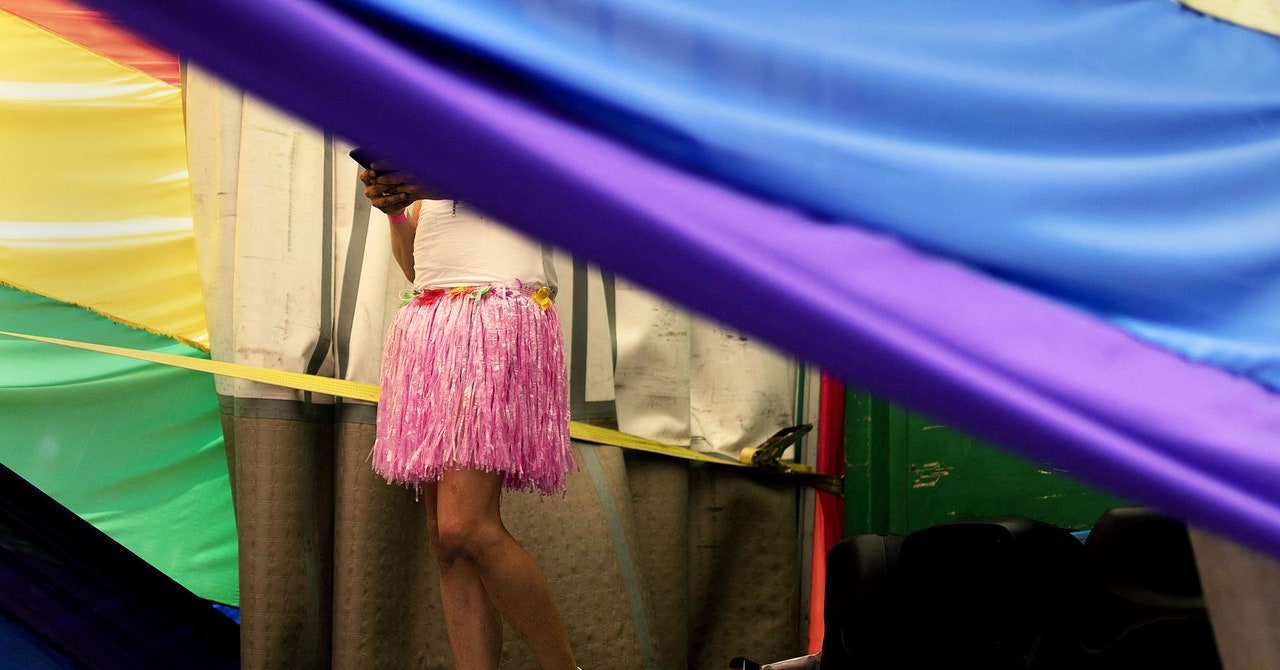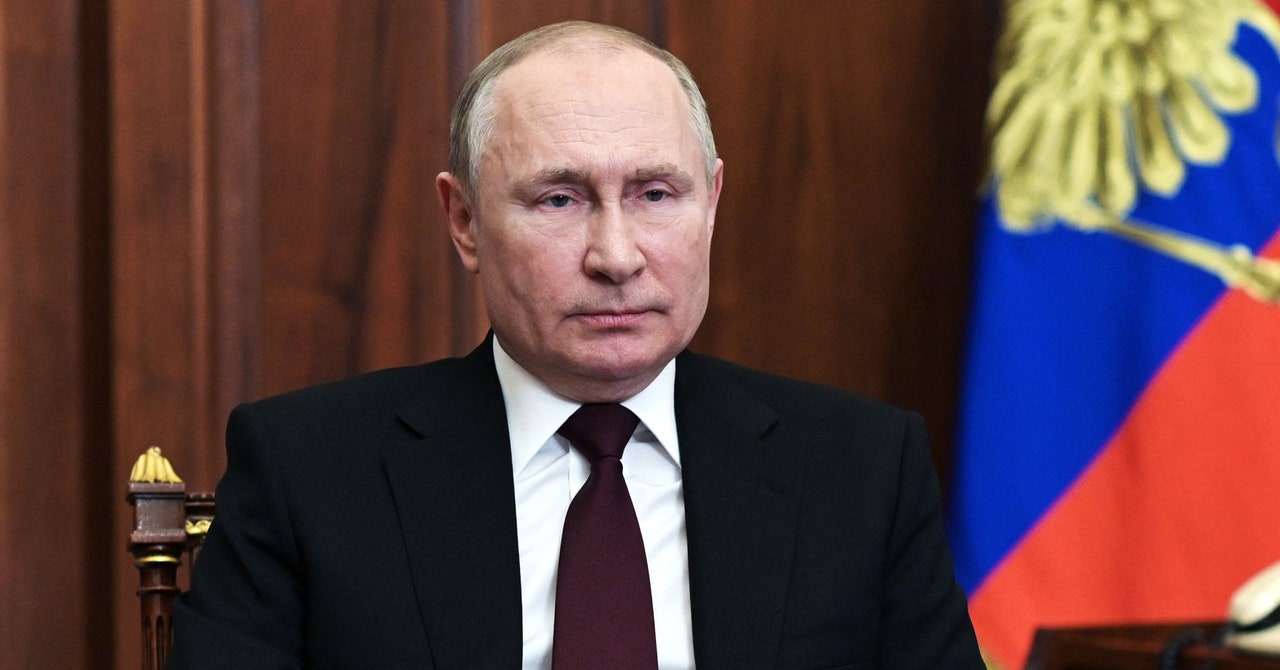The men approached Adam, 22, while waiting to meet a friend in Cairo in the summer of 2018. “They said they were investigative police, then they grabbed my arms, took my ID and searched my phone for same-sex dating apps,” Adam, not his real name, told the NGO Human Rights Watch in 2020 Investigators “pressed” him to see the photos stored on his phone as they searched his device for “evidence.” He was then taken into custody.
For several days, police humiliated and beat Adam as part of a wider crackdown on the LGBTQ community. Egypt is one of 69 countries that still criminalizes same-sex sexual activity; officials accused Adam of “debauchery.” Although the charges against him were dropped on appeal, they remained on his criminal record for months. During the ordeal, police officers kept calling Adham’s phone, looking for “evidence,” Human Rights Watch said. At one point, Adam said, officers threatened to put fake photos on his phone.
Adam’s treatment at the hands of the police is not unique. In the Middle East and North Africa in particular, people’s daily phone activity – including the apps they install, the photos they save and the messages they send – is regularly used as “evidence” to persecute them for being LGBTQ the community. Now, new research has revealed the tactics and techniques police officers use to discriminate against LGBTQ people and collect data from their devices.
Over the past two years, researcher Afsaneh Rigot, supported by the NGO Article 19, the Berkman Klein Center at Harvard University, and the Cyberlaw Clinic at Harvard Law School, has been investigating how digital evidence “empowers” the police to act on allegations of homosexuality in Egypt, Lebanon and Tunisia. All three countries use a patchwork of laws — often including vague definitions of morality or lewdness — to persecute LGBTQ people. Rigot’s research documented in the article Digital crime scenesincluded 21 interviews with attorneys representing defendants in anti-LGBTQ cases and reviews of court documents in 29 cases, providing unprecedented insight into how prosecutors approach proceedings.
Police forces are using WhatsApp and text messages, photo galleries, nude and nude selfies and other data from their victims’ confiscated phones to discriminate against LGBTQ people, the report said. Transwomen and homosexual men are the most frequently targeted in the cases, although exact figures on the number of prosecutions are difficult to ascertain due to the lack of transparency on the part of the courts and the justice system. “Before using this digital evidence, it was really hard to prove something like sexuality,” says Rigot. Prosecutors build cases against people using whatever information they can find on their phones. “It’s identity that gets criminalized, not actions,” Rigot says.
This “evidence” is often scant at best; the report details a case where a message saying “I like you” was used as potential evidence to prove someone’s queerness. A contact saved as “cute” led to a police interview in another case. “They come in through Facebook Messenger [on confiscated phones] and make calls and pictures,” says Gassen Ghribi, a lawyer in Tunisia who contributed to the study. “The police try to always have pictures to make the evidence more powerful.”




